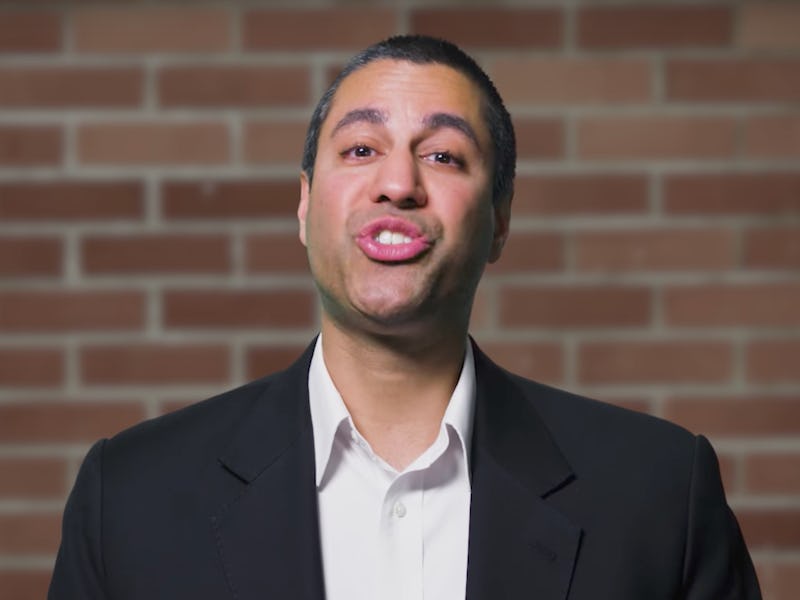Here's How Wehe Works, the iPhone's New Net Neutrality App
Apple finally approved the app.

A new iPhone app released on Thursday aims to warn net neutrality fans if their internet provider is up to no good. Wehe, created by a team of researchers from four universities, provides users with a breakdown of which apps are transmitting data slower than expected.
The app’s release comes after the Federal Communications Commission decided late last year to reverse the Obama-era regulations around internet access, allowing providers to shape access and potentially offer tiered service. Ajit Pai, the head of the commission that spearheaded the initiative, led a campaign to assure people that internet operation would remain the same, even appearing in a terribly cheesy meme-laden video.
Wehe puts Pai’s claims to the test. It exchanges data over your internet connection to make it look as if you’re using real apps like YouTube or Netflix. The app then sends random data to the same app, and measures the difference between the two. The theory is that if an internet provider is slowing down access to a service like Spotify, the system will detect a discrepancy because the internet provider won’t try and slow down the random information. The test is run several times to account for network quirks, and the app flags up discrepancies on its summary page.
The app, downloadable for free from Apple’s app store, forms part of a wider research project. When first opened, the app confirms that you are happy for your data to be used for a study into how geography and carrier differences effect video speeds.
Wehe in action on iPhone.
It’s been tough to get the app onto the iPhone. Although already available for Android, an Apple app store reviewer initially rejected the app on the grounds that it “may mislead users by providing inaccurate determinations … specifically, your app is marketed to users as a way to check if their carrier is violating net neutrality. However, your app has no direct benefits to the user from participating in the study.”
The company later reversed this decision, but it’s unclear why.
“The conversation was very pleasant, but did not provide any insight into the review process [that] led the app to be rejected in the first place,” Dave Choffnes, a developer of the app, told Motherboard in a Thursday story.